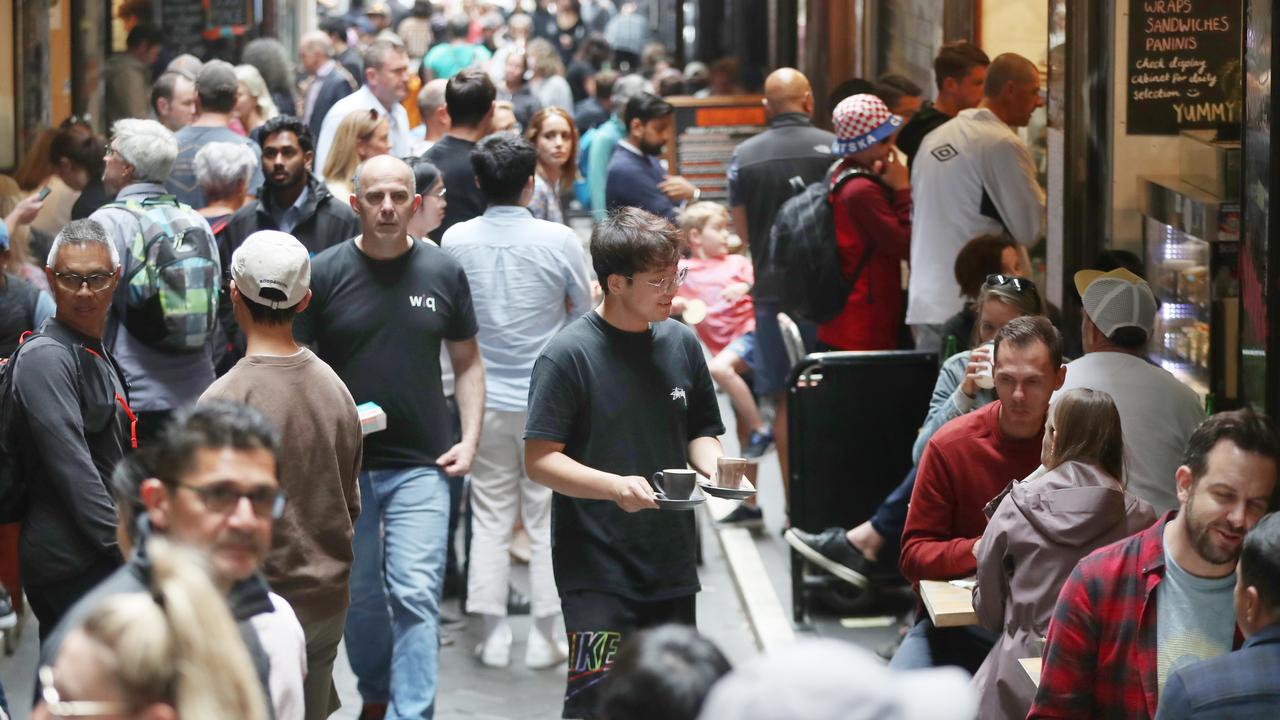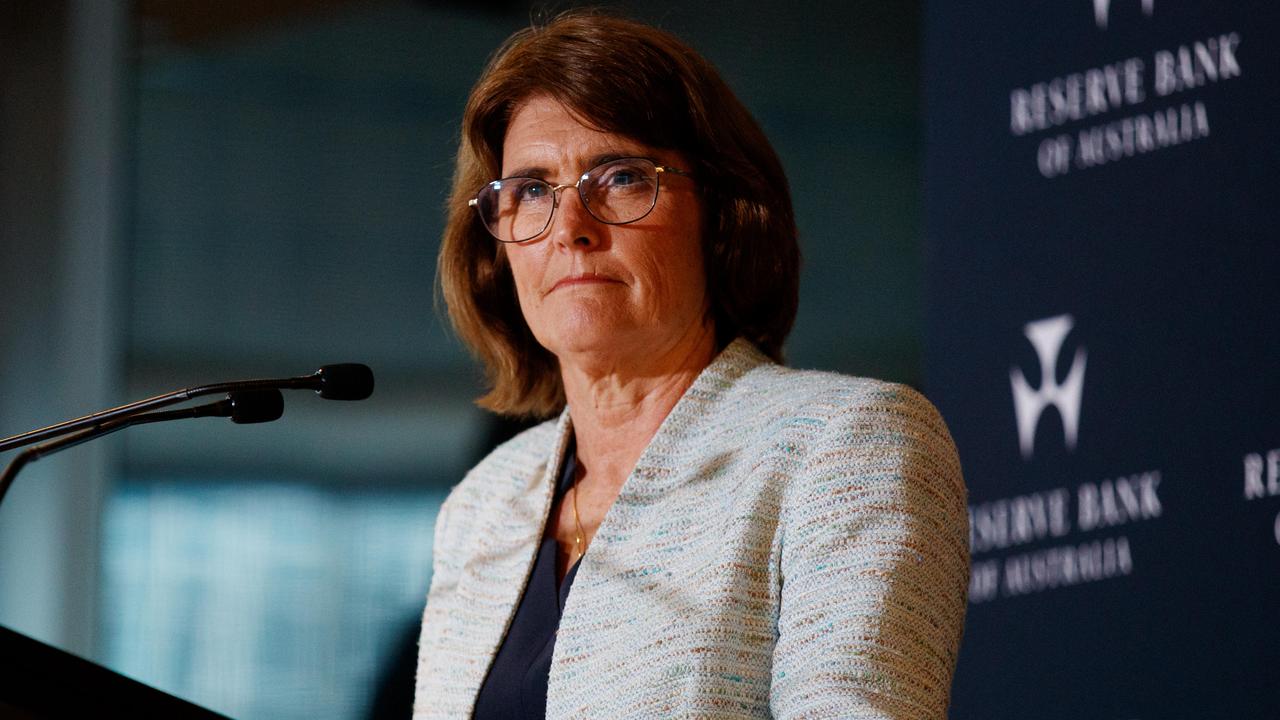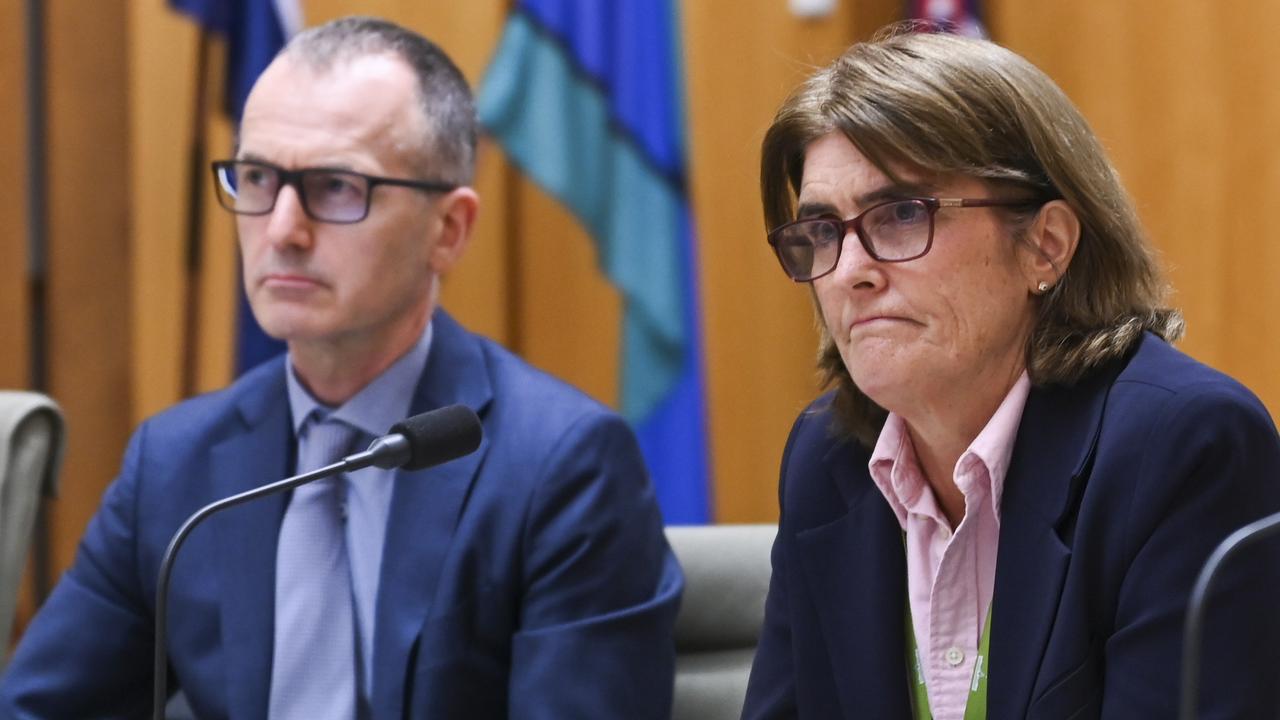Reserve Bank poised to lift rates next month
THE Reserve Bank is preparing to raise rates again in March in an effort to head off a wage-price spiral
THE Reserve Bank is preparing to raise rates again next month in an effort to head off a wage-price spiral.
The bank's latest quarterly review of the economy reveals concern it is losing the battle against inflation, with forecasts that price growth will be between 3 per cent and 3.75 per cent from now until the middle of 2010.
There is a danger inflation will rise beyond that level, the bank says. "If it is not reversed reasonably quickly, the recent pick-up in inflation carries the risk of generating an upward drift in inflation expectations, which could feed back into wage and price setting behaviour," its report says.
The bank, which last week raised official interest rates forthe 11th time in a row, to a 12-year high of 7 per cent, said higher rates were "likely" to be required.
Inflation a 'huge' challenge
Kevin Rudd said the Reserve Bank's statement underlined the Government's determination to tackle inflation. "It is the enemy of working families, the enemy of business, the enemy of the economy and, for us, it is public enemy No1," the Prime Minister said. "We've got a huge challenge on our hands."
The bank's statement had an electric effect on financial markets. The probability of a rate rise next month lifted from less than 20 per cent, following last week's increase, to almost 70 per cent.
Share prices dived, with the All Ordinaries index falling 120 points to close at 5603 points, led by the banks. The National Australia Bank fell the furthest, losing 4.5 per cent of its value.
Wayne Swan said the Reserve Bank had shown that wages, skilled labour shortages and the lack of spare business capacity were all out of kilter with recent history. "The statement is a sobering assessment of how ill-prepared the economy has been to absorb the demand surge flowing from the terms of trade boom," the Treasurer said.
Wage, credit fears
The latest warning on wages, inflation and rates comes just days before the Government is due to release details of its overhaul of the industrial relations systems, with the first transitional bills to be introduced in parliament tomorrow.
The Reserve Bank believes there is an immediate danger of wage and price increases leap-frogging each other, as occurred in the 1970s. It says wages are already increasing far too rapidly.
Although official figures show wages are under control, rising at 4.2 per cent, with new enterprise agreements being settled at 3.8per cent, the RBA believes this does not tell the full story.
It quoted figures from the national accounts, showing labour costs, including non-wage labour costs, rose 5.9 per cent in the year to September, their fastest increase since 1996. "Growth in labour costs has been running at a higher level than is consistent with inflation remaining near the centre of the target range."
Consumer expectations of inflation have also been rising quickly. A survey conducted by the Melbourne Institute shows consumers expect inflation will rise by 4.3 per cent over the next 12 months. This compares with an average forecast of 3 per cent over the past decade.
The Reserve Bank believes the sub-prime crisis will have a more severe effect on the global economy than do other global observers, including the International Monetary Fund. However, it does not believe growth in Australia's key trading partners in China, India and other east Asian economies will be seriously hurt.



